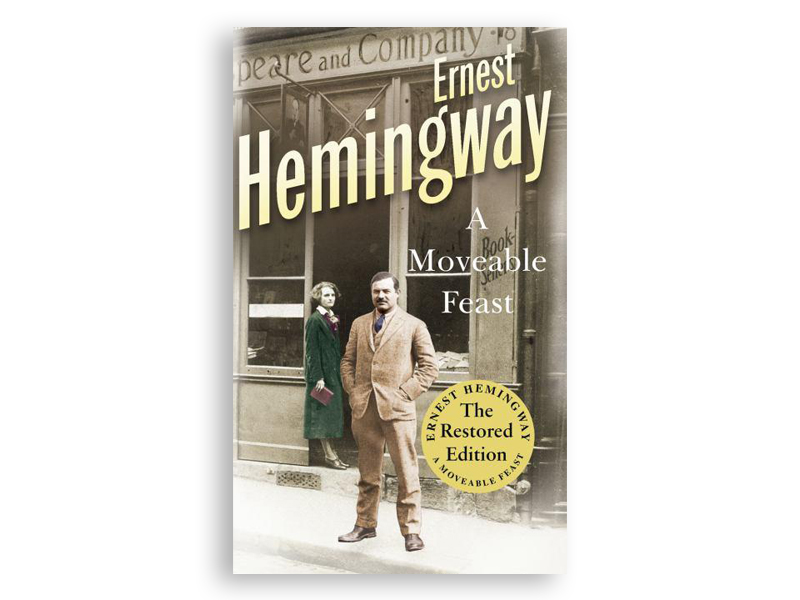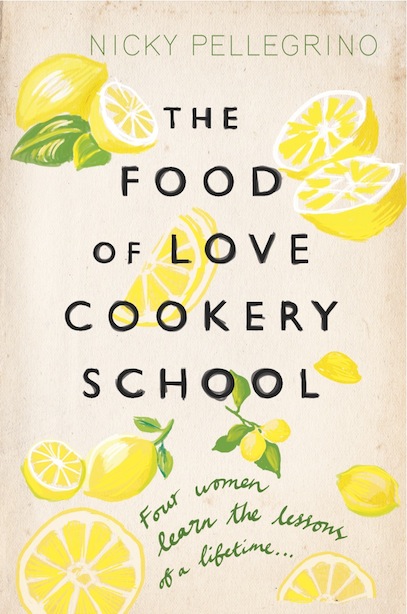Author: Jane Austen
Genre: Romance, Fiction, Classic
Originally published in: 1816
Pages: 474
read more "Emma: Book Review"
Genre: Romance, Fiction, Classic
Originally published in: 1816
Pages: 474
“Silly things do cease to be silly if they are
done by sensible people in an impudent way.”
Emma
Woodhouse is a young, beautiful and rich woman – the perfect match for any
gentleman in search of a wife. However, Emma has decided that she will never
marry, never fall in love – 'I never have
been in love; it is not my way, or my nature; and I do not think I ever shall.'
Instead, she wants to dedicate her life taking care of her father and using
her ‘matchmaking skills’ for the good
of the others – because, of course, Emma knows best when it comes to the
romantic lives of the people around her! Busy arranging a suitable match for her very own protégée Harriet, Emma will often
get herself and the objects of her aforementioned
skills in complicated and bemusing situations. Add to that the much wiser
Mr Knightley, the chatty Miss Bates, Frank Churchill, everyone’s favourite
charmer, and a whole bunch of colourful characters, residing in the village of
Highbury, and you might get the fuller picture.
“I am going to take a heroine whom no one but
myself will much like”
Was Jane
Austen right! Emma Woodhouse is probably one of the most unlikable protagonists
you are going to have the pleasure of knowing. She is more often than not quite
self-centred and selfish. Not only is she pretty narrow-minded and arrogant,
but she is also openly dismissive of people’s qualities if they do not belong
to a high social class. It is not helping that her reading of people (and
especially of men) and their intentions is the worst of any self-proclaimed
matchmaker. Add to that her naïve best friend (or should I say best project)
Harriet, and Emma manages to lure another human being into her terrible
misjudgements of character. So bad is her reading of common situations that she
turns into a very unreliable narrator. And here it gets good.
Yes, Emma
is deeply flawed, and this is what makes the novel great. The narrative keeps
changing – at moments we see everything through Emma’s eyes, refracted in the prism
of her own mind, and yet, at others, the narrator is distant again. As a
result, not everything that you see is
necessarily true. Just like when you are in a social situation, involving a lot
of people, and you happen to misread someone’s remark, you might find yourself,
reading, misunderstanding completely a character’s intention, just because of
the way Emma has already read it for you. Quite different from what we get in Pride and Prejudice, but a great concept
nonetheless.
It is
important to point out, that although Emma is highly unlikable at the beginning-to-the-middle
of the novel, she does eventually grow on you. With the unravelling of the
story, she changes for the better – with each awkwardness, with every confusion,
Emma grows up to be the woman she thinks she is at the start of the book. She
never was stupid at the first place, but she outgrows her naivety, and with
that stops looking like a spoilt little
brat.
As for the
story, this is one of those novels where it does not feel like much is
happening. Some people get married, some do not, there are a few balls here and
there, and lots of little meetings in between, but nothing major. At first I
thought the novel really dragged at points – how many times can you possibly
read about Emma visiting Miss and Mrs Bates, or sitting in the drawing room
giggling with Harriet? But then I realised what made this book such a great
piece of literature on the first place. Actually, what makes all Austen books
classics? They are a biting social commentary, showcasing women’s dependency on
good marriage in Regency England. And when you put Emma into the concept of Jane Austen’s work everything is crystal
clear – when you remove all the humour and masterful satire, what Austen is
showing us quite clearly is that this was all there was to show! For a woman in
Emma’s position – a young single girl of good means, living in 19th
century England, there wasn’t much more to do. Apart from occasional visits to
the neighbours, organising a ball maybe once a year, and having a picnic when
the weather allows it, there were not a lot of things and places available to
her. The novel feels a bit claustrophobic at moments – 400 pages and such a
limited space, makes you feel for Emma – especially looking at her life from
the perspective of your own time. At first glance, the book might seem limited at its scope, but is in fact illustrating what would have been a woman’s whole world.
Lastly,
the characters are, as per usual with Austen, very versatile and utterly believable.
It is impossible not to recognise yourself or people from your own family in
those characters. And this has to be the best part to Emma – without all those types of everyday people, this look into English society would not be full.
At the end, regardless of where you are, you realise that people are not that
different. Plus, add to that the usual heavily
romanticised English gentleman in the face of Mr Knightley.
To sum up,
I do like Emma and would recommend it.
It is not my favourite Austen piece, but it is a good piece nonetheless. A
clever satire, a masterful look into English society, and a great character
study, Emma is not for everyone, but
if you stick to the end, you might just enjoy it.






